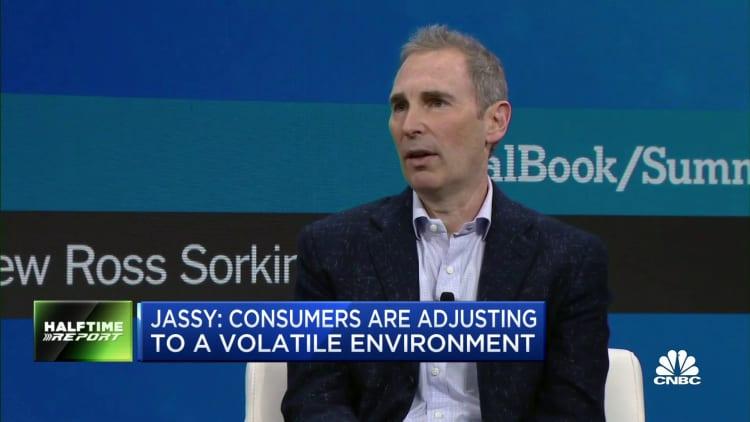Amazon, the world’s largest online retailer, struck a settlement with the European Union on Tuesday in two antitrust probes after addressing concerns about its use of seller data, avoiding a fine of up to 10% of its global revenue.
Amazon was accused of abusing its size, influence, and data to push its products to obtain an unfair edge over competing merchants who use its platform. The company has committed not to utilize the data of sellers for its rival retail operation or private label products. The second complaint concerned the treatment of sellers equally when ranking their offers in the “purchase box” on its website, which produces the majority of its sales.

Amazon promised to no longer take non-public data from sellers on its marketplaces and use that to aid in its own retail business. Additionally, the e-commerce behemoth will set “non-discriminatory conditions and criteria” for marketplace sellers on its Prime service and additionally grant Prime sellers the freedom to choose any carrier for their logistics, rather than force them into using Amazon’s own logistics service.
Amazon will also take steps to address concerns about anti-competitive behavior in its Buy Box (essentially the “Buy Now” and “Add to Cart”) section of its retail site. The company committed to treating all sellers there, including their brands, equally when ranking offers. Maybe more importantly, though, Amazon will give European customers a second Buy Box if there is another product from a different seller “that is sufficiently differentiated from the first one on price and/or delivery.”

According to the European Commission, these improvements will benefit both European consumers and sellers that use the site. If Amazon violates these agreements, the commissioner says it can still levy a fine of up to 10% of Amazon’s entire yearly revenue. The concessions came just one day after the Commission accused Meta of breaking antitrust laws by promoting ads on Facebook Marketplace and distorting outside competition.


